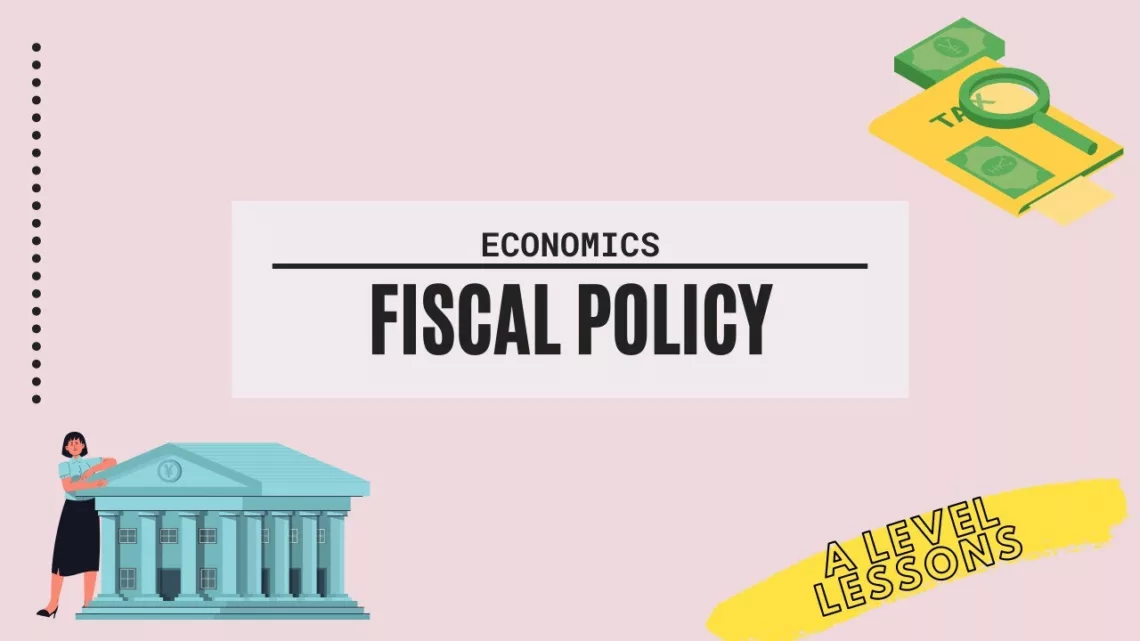Nigeria, like many other developing nations, faces the challenge of managing its debt service obligations. As a country striving for economic growth, Nigeria has borrowed funds to finance infrastructure development, social programmes, and other key initiatives. However, with increasing debt levels, the country must strike a delicate balance between servicing its debt and ensuring sustainable economic progress.
Nigeria’s debt profile has been a subject of concern in recent years. The country’s debt burden has risen due to a combination of factors, including external borrowings, domestic debts, and budget deficits. The debt service refers to the repayment of principal and interest on these borrowings. Nigeria’s debt service obligations have increased significantly, consuming a significant portion of the country’s revenue and posing challenges to its fiscal health.
Reduced Fiscal Flexibility: High debt service payments limit the government’s ability to allocate resources to critical sectors such as healthcare, education, and infrastructure. This reduction in fiscal flexibility can hinder socio-economic development and the provision of public services.
Pressure on Budgetary Allocations: A significant portion of Nigeria’s annual budget is allocated to debt servicing, diverting funds from other priority areas. This can impede investments in crucial sectors, slow down economic growth, and hamper poverty alleviation efforts.
Foreign Exchange Challenges: Debt service payments often require foreign currency, creating a strain on Nigeria’s foreign exchange reserves. This situation can impact the stability of the local currency and the ability to meet other external obligations.
Recognizing the importance of addressing the debt service challenge, Nigeria has taken several measures to manage its debt and ensure fiscal sustainability.
Improved Debt Management: The government has enhanced debt management practices by implementing strategies to optimize debt structure, reduce borrowing costs, and minimize risks associated with debt. This includes refinancing high-cost debts, diversifying funding sources, and strengthening debt management institutions.
Revenue Mobilization: To mitigate the impact of high debt service payments, Nigeria is focusing on expanding its revenue base. This includes initiatives to improve tax administration, reduce revenue leakages, and enhance transparency in financial transactions. Increasing revenue streams can help alleviate the pressure on debt service obligations.
Economic Diversification: Nigeria is actively pursuing economic diversification to reduce its reliance on oil revenues and create alternative sources of income. By promoting sectors such as agriculture, manufacturing, and services, the country aims to boost exports, generate employment, and enhance its capacity to service its debts.
Prudent Borrowing Practices: Nigeria is adopting a cautious approach to borrowing, prioritizing concessional loans and carefully evaluating the terms and conditions of external financing. This prudent borrowing strategy ensures that new debts are manageable and contribute to productive investments that yield long-term economic benefits.
Managing Nigeria’s debt service is a complex task that requires a delicate balance between promoting economic growth and maintaining fiscal responsibility. While debt service obligations present challenges, Nigeria has taken proactive steps to address the issue. Through improved debt management, revenue mobilization, economic diversification, and prudent borrowing practices, the country aims to ensure sustainable debt service while driving inclusive growth and development. It is crucial for the government to remain committed to these strategies and continually monitor and evaluate debt levels to safeguard Nigeria’s long-term economic prosperity. By effectively managing its debt service, Nigeria can pave the way for a brighter future that benefits all its citizens.





